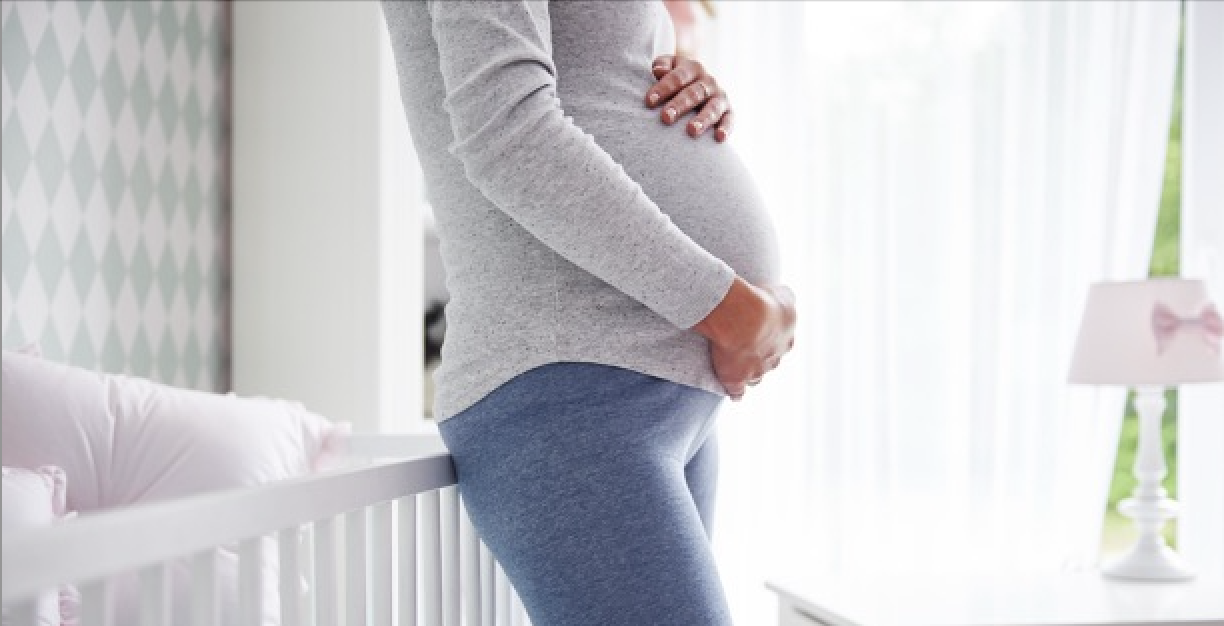
Parents of triplets and quadruplets born after 1 January 2023, have always been entitled to an additional 26 weeks of leave. New rules will come into force on 1 May 2024, granting twin parents similar rights.
The amendment to the Maternity Act applies to parents who have two or more children at the same birth, where at least one of the children is born on or after 1 May 2024. Thus, the rules will replace the current rules for parents of triplet and quadruplets.
The 26 weeks of additional leave are allocated so that each parent is entitled to 13 weeks of extra leave with maternity benefit, to be taken within 12 months following the birth. This is a change to the current rules applicable to triplet and quadruplet parents, as there is no longer a choice regarding which parent takes the leave, and the period during which leave with maternity benefit can be taken has been shortened from 18 to 12 months.
The 13 extra weeks of maternity leave are not transferable between legal parents. However, in LGBT+ families, a legal parent may fully or partially transfer the additional 13 weeks of leave to a “social parent”. A social parent is a person who has a quasi-parental relationship with a child without being legally recognized as a parent of the child, for example a partner to a child’s parent.
A single parent is entitled to 13 weeks of additional leave and simultaneously has the option to apply for an additional 13 weeks of leave for use by a specified close family member or a social parent.
Companies are not obligated to pay wages during the extra leave period unless provided for in a maternity policy, collective agreement, staff manual or similar document.
Contact Mette Klingsten Law Firm if you have any questions about the Danish Maternity Act or if you require a new or revised maternity policy that complies with the rules of the Danish Maternity Act and the Danish Act on Equal Treatment.



Thanks to the following contributors to the website: Steen Evald (photograph), Stine Heilmann (photograph), Count Pictures (video), Kunde & Co. A/S (design), WeCode A/S (coding)